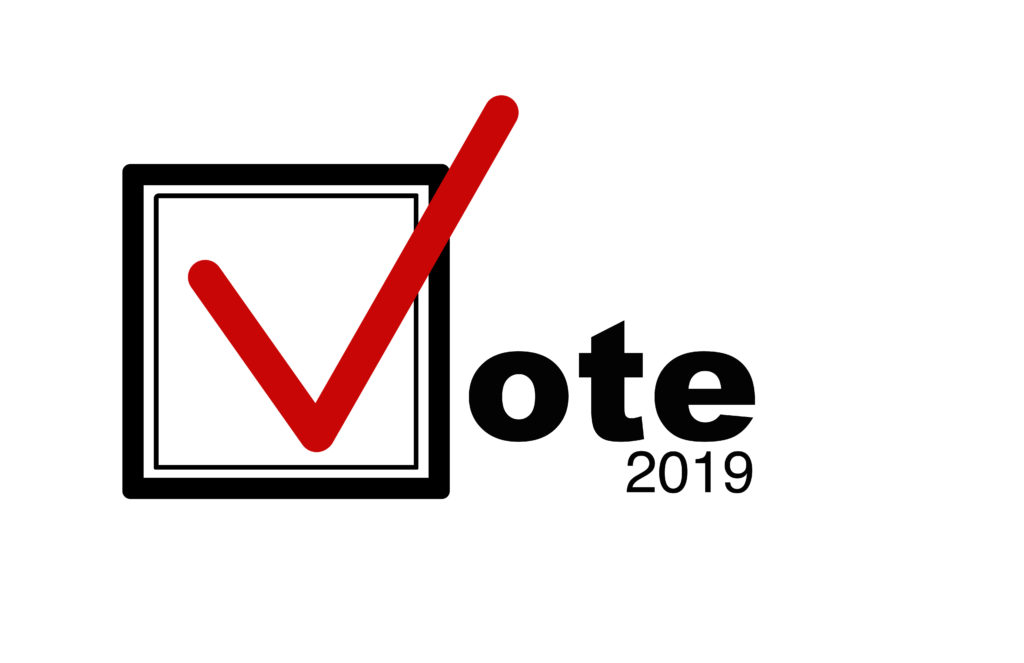
Not all elections revolve around politicians and voters—most involve organizations that, even though are not politically dominant, manage to leave their own footprint on the results.
These groups shape politics without direct participation.
They have certain opinions on what the main concerns of political parties should be or what their agenda should be like and cater to the needs of other groups like their own.
Political advocacy plays a major role in who comes to power, or rather, who does not.
Recently, Canadian citizens have been given a lot to think about like the climate crisis and debates on diversity.
Imprint reached out to a few groups to learn about what they think the government should prioritize.
Everyone’s Canada is a multiculturism advocacy group based in Edmonton that rang the alarm on the far-right in Canada.
“We are committed to multiculturalism, pluralism, and immigration and are challenging the growing narrative that is threatening the exact values that we stand for,” Avnish Nanda, spokesperson for Everyone’s Canada, said.
Everyone’s Canada believes that Canadian identity is not tied to one race or ethnicity.
Their website features stories sent in by people of numerous ethnic backgrounds.
The organization is rooting for any and every party that will help keep the spirit of diversity in Canada alive.
As staunch supporters of refugees and immigrants, Everyone’s Canada has openly opposed Maxime Bernier and the People’s Party of Canada.
“The People’s Party of Canada is looking to end immigration. They want someone’s religion to be a factor in determining whether or not th ey can enter the country. They plan to repeal the section on multiculturalism which is the bedrock of our society and this move would undermine what Canada truly is,” Nanda said.
Another hot-button issue this election is housing.
Andrew Macallum, president of the Waterloo Regional Apartment Management Association (WRAMA), said, “Housing is clearly an issue. Interestingly, rental housing in Ontario is regulated provincially. At the federal level, the government’s impact on rental housing has more to do with taxation. The federal government should provide the provinces with more money to improve the current housing situation,” he said.
WRAMA was formally established in 1989 to maintain the integrity of the business of providing rental housing.
Existing informally prior to 1989, the organization has a board consisting of volunteer members.
Staying true to its vision, WRAMA believes that candidates at the federal level should be concerned with rental housing.
Macallum stated that certain policies implemented in the past and across different levels of legislature have had impacts on today’s situation.
“I think politicians at every level are inundated with tons and tons of information and that results in the existence of redundant policies. It is important for candidates to understand the roles played by federal, provincial, and municipal governments to avoid overlapping or clashing of policies,” Macallum added.
Climate change is among the biggest challenges facing Canada and ome such group addressing it is Our Time. The national youth-led organization is demanding a Green New Deal.
“Supported by 350.org, we are making climate justice the deciding election issue, identifying and supporting candidates who will push for a Green New Deal, and post-election, we will hold the government accountable,” Sarah Alvo, an Our Time organizer in Waterloo, said.
“We are growing fast, bringing together youth with a wide variety of movement backgrounds and a shared passion for climate justice,” Alvo said.
According to Our Time, it’s imperative to cut carbon emissions in half by 2030.
“The only way to do this is through a massive shift in policy and the economy while addressing the social inequality that is inextricably tied to the crisis,” Alvo said.
They stated that a Green New Deal is being demanded all over the world.
“In Canada, four main Green New Deal pillars emerged out of nearly 200 town halls that were hosted across the country earlier this summer by a coalition of over 150 environmental groups, Indigenous communities, labour groups, and community organizations,” Alvo said.
“These pillars include; science-based policy that matches the scale of the crisis, solutions that are enacted in partnership with Indigenous communities and include the full implementation of the United Nations Declaration on the Rights of Indigenous peoples, the creation of millions of decent, sustainable jobs and ensuring no workers are left behind in the transition away from fossil fuels, and community-based solutions that address all forms of inequality. These demands have been shown to be very popular across Canada, and they are possible, addressing the results of climate inaction would be more expensive.”
Our Time will support candidates who are willing to commit passionately to a Green New Deal.
“They have what it takes to push for Green New Deal policy once in office, including grassroots organizing experience, knowledge, passion, resourcefulness, and the willingness to work across party lines to make things happen.
Finally, these candidates must work with and be accountable to communities – in particular Indigenous, racialized, and migrant communities who are most severely impacted by the climate crisis,” Alvo said.
Our Time is endorsing 29 candidates across the country, two of whom are from the KW region- Mike Morrice (Green – Kitchener Centre) and Lori Campbell (NDP – Waterloo).
“We look forward to supporting their campaigns as youth who are fighting for our future,” Alvo said.




























